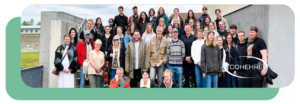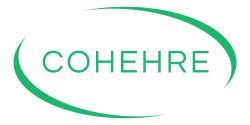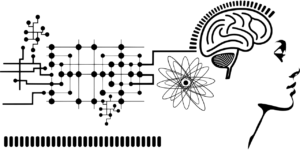

DiSIBIP COURSE (organised parallel tot the Staff Conference that takes places from 22-24 April 2026)
The Diversity and Social Inclusion program aims to increase awareness of social inequalities in diverse contemporary societies by training future educators, healthcare professionals, and social workers using a cultural competence model with blended learning. The program addresses how cultural differences become problematic when viewed through power dynamics between majority and minority groups, leading to marginalization, and how socio-economic disparities connect to health inequalities and limited access to services.
Since these future professionals will work to bridge social gaps, their training emphasizes developing socio-cultural sensitivity, intercultural communication, and cooperation skills to better serve vulnerable populations who are often excluded from dominant institutional discourse.
This DiSIBIP course Participation will be worth 3 ECTS.
It will be led by experienced tutors during 5 days and will be organized parallel to the COHEHRE Conference which will take place on 22-24 April 2026.
The conference will be hosted by Universidade Católica Portuguesa Porto, Portugal.
Find out more about our host: Universidade Católica Portuguesa Porto
Enjoy their introduction: Universidade Católica Portuguesa no Porto | Shaping the Future 2025
Why would you need to come to Portugal? These are 10 reasons to study in Portugal! 😊
Explore, dream and discover Portugal.
DATE & PLACE
20-24 April 2026
Universidade Católica Portuguesa | Porto
Porto, Portugal
STUDENT NOMINATIONS
Nominations: Via your international office. After confirmation of your nomination, you will be invited to register and pay.
Cost: €75 for all lunches
No tuition fee: The BIP is co-funded by Erasmus+
Included in the registration: All lunches, social dinner, field work, local transport, network lunch, registration network conference, reception conference, closing, …
Housing in Porto: Numerous possiblities in hotels, hostels, AirBnB….
We invite to apply for a maximum of 5 mobility grants for student delegations from your institution for this DiSIBIP (Diversity and Social Inclusion) course.
Coordinators are invited to submit the nominated students (max. 5/institution) here.
Only coordinators are permitted to submit these nominations, not students.
MORE INFORMATION
More information on the programme, methodology, goals & learning outcomes and accreditation, as well as practical information (fee, travel…) can be found here.
Manual
‘A unique opportunity for students to listen,
discuss and debate the issues around inclusion of
the most vulnerable group of people in our societies.’

EMOTIONAL SUPPORT FOR STUDENTS AFTER VERY STRONG EXPERIENCES
a COHEHRE workshop in collaboration with CrisisCare
TIME & PLACE
7-8-9 October 2026, place to be confirmed
WHO
All teachers and coaches who are involved in sending students for exchange to poor resourced countries or are planning to do so.
WHAT
3 day hands-on workshop
GOAL
This training focuses on equipping students with the skills and strategies needed to respond effectively during and after critical incidents and crises.
PROGRAMME
The programme consists out of keynotes, workshops, panel discussion with international experts, self-experience exercises, discussion, and inter-vision.
LEARNING OUTCOMES
· Raise awareness of paradigm shifts needed for working in poor-resourced countries
· Build students’ intercultural and interprofessional skills for non-European settings
· Prepare and orient students for clinical practice in poor-resourced countries
· Supervise and coach students placed in poor-resourced countries
· Support students emotionally before, during, and after placement
· Equip students to respond effectively to critical incidents and crises
· Share strategies with colleagues on developing culturally competent healthcare and education
More info on the programme and speaker soon.





